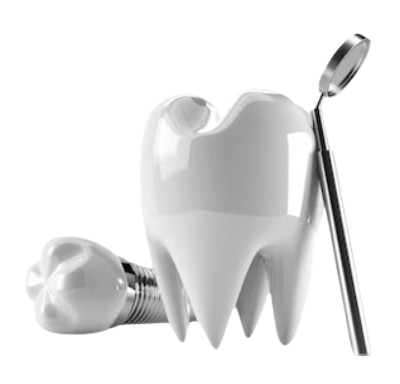
TEETH GRINDING IN GARLAND, TX
Some patients unknowingly grind their teeth, especially at night, leading to enamel wear, sore jaws, headaches, and muscle enlargement. This habit can damage teeth, strain muscles, and impact jaw joints.
TEETH GRINDING
Normal chewing results in brief intervals of contact between teeth. Under normal circumstances, your teeth should only contact for about 5 minutes each day. Slight amounts of wear over years of use is common.
Sometimes teeth develop a flattened, worn appearance. X-rays may show unusually thin layers of enamel as if sandpaper has been drawn across the chewing surfaces of the teeth. Daily chewing shouldn’t erode the enamel so much.
YOU DON’T EVEN KNOW
Some patients develop a subconscious habit of grinding their teeth, either during the day or at night. In many cases, the abrasive action occurs only during sleep, and for only a few seconds at a time. If you wake up with a sore jaw or a morning headache, chances are you are grinding your teeth during the night. In some patients, enlarged jaw muscles develop on the sides of the face from this nighttime grinding. These muscles are, ounce for ounce, the strongest in the body, which means they can do a lot of unnecessary damage.
The unusual activity not only wears down teeth and strains the overworked muscles, but compressive forces can also damage the complex jaw joints on one or both sides. Damage to the joints may lead to arthritic changes, chronic pain, and popping or clicking. Once these changes settle in, reversing their condition may become impossible.
AVOIDING IRREVERSIBLE DAMAGE
If you’re waking up with a sore jaw or headaches, or you’ve noticed chips or flattening of your teeth, a consult with our doctors is recommended. The sooner the problem receives attention, the less damage there will be. Often a custom-fit night guard will eliminate the symptoms while protecting your precious enamel.
Daytime habits of clenching or grinding deserve attention too. Our doctors will analyze your bite and make sure they’re moving against each other properly when you chew. Regardless of the cause, reducing the strain on the jaw and your teeth as quickly as possible can save you money and time spent in the dental chair.
Services We Offer
Ready to transform your smile?
Frequently Asked Questions

Teeth grinding, or bruxism, is the involuntary and excessive biting or grinding of the teeth. It often occurs during sleep but can also happen during waking hours.
Teeth grinding can be caused by various factors, including stress, anxiety, misaligned teeth, sleep disorders, and lifestyle habits like smoking and excessive caffeine intake.
Common signs of teeth grinding include jaw pain, headaches, worn-down teeth, increased tooth sensitivity, and complaints from a sleep partner about grinding sounds during the night.
Untreated teeth griding can lead to serious dental issues such as tooth wear, fractures, and tooth loss. It can also contribute to jaw disorders, headaches, and temporomandibular joint (TMJ) problems.


